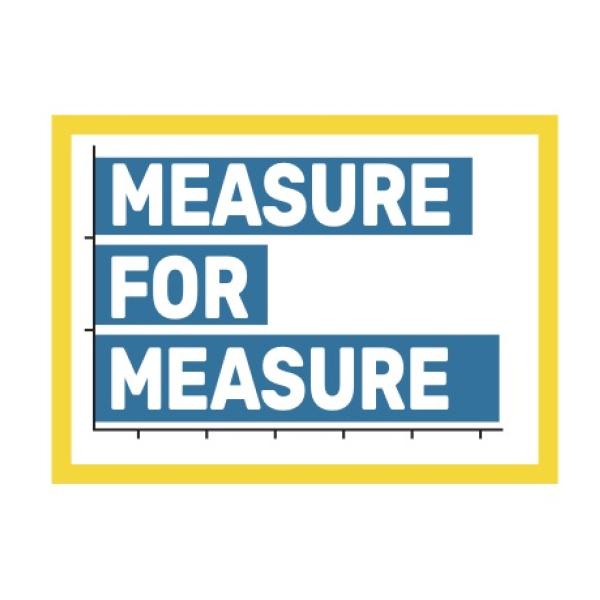Eight Thoughts on Inspiration
Samantha Crain, musician
“I know there are people in the music community that work really hard and try to create or present constantly, but I think there are more people in the same community that use their label as a ‘musician’ or ‘artist’ to become lazy and wait for inspiration. I know I struggle with this too—not on purpose—but it's hard sometimes to be responsible for your own productivity. I just think it's important that artists and musicians work even between the creative spurts, that they try to force inspiration even if they think nothing good will come of it. It's good to keep the mind and imagination active and ready to receive.”
Gary Jackson, poet:
“Inspiration comes to me from anywhere; the trouble is finding a thread that holds my attention for longer than a single poem. For that reason, I prefer to develop obsessions rather than look for inspirations.”
Sherman Alexie, poet and fiction writer
"Everything gets written down, everything gets remembered, everything gets catalogued. I don’t have that immediate inspiration very often. It is having a moment, a phrase, a line of dialogue and then writing it down and hanging on to it. The inspiration is later when two of those things collide. Then you have to run to a computer, or run to a notebook. That’s when it gets exciting, when two things come together that way…. I guess you’d say inspiration is something that makes me want to write it down. It’s something that makes you want to ask more questions about it."
Chris Thile, musician
"I don’t subscribe to the lightning bolt...the kind of 'waiting for lightning to strike' thing. When lightning does strike it is a wonderful, wonderful experience, but I would also say lightning strikes lightning rods a hell of a lot more often than it just strikes random things. Musicians need to be erecting lightning rods. Basically, working on your craft is erecting a lightning rod. You give inspiration a lot more windows to climb through if you’re working."
Muriel Hasbun, photographer
"The whole idea that the artist all of a sudden has this amazing “Aha!” moment is obviously part of the process, but it’s not the way that work actually happens necessarily. I think that bodies of work, or some sort of insight, usually come because you’ve been toiling away for a long time, and consistently. It’s a process of figuring out what your sources are, figuring out what it is that you’re trying to say—a lot of play and a lot of work. Then somehow these things come together, and one moment you have this incredible insight into what you’re doing."
Septime Webre, choreographer and artistic director
"Inspirations are to be found in the world around you. You need to be mindful about how you walk in the world, how you live in the world. And if you have your eyes open wide enough, you can find inspiration in just about anything."
Jeanne Gang, architect
"One way I get started [on a project] is usually by creating a reading list of research around a topic that we might be dealing with. That reading list is added to by people that are participating in the project, including the client. That reading list builds up and it is a thing that creates a common baseline knowledge about the subject matter. So many times, inspiration comes from just reading about a subject and where the mind starts to take you. It starts getting more and more exciting the more that you build up that knowledge base."
Marc Bamuthi Joseph, dancer, poet, theater artist
"Inspiration is a tool like blood, like breath. As removed as we are from the kind of auto action of respiration, there’s a way that we can be passive in our relationship to respiration, and there’s a way that we can have a more active relationship with our respiration. And the inspiration, I feel, is the same way that we can have an active relationship with our inspiration to be healthier, more generative individuals. So don’t sleep through inspiration."
Click on the names in bold to read the full interviews. Read more artists' reflections on inspiration in Inspiration Quotient: A Different Kind of IQ.





